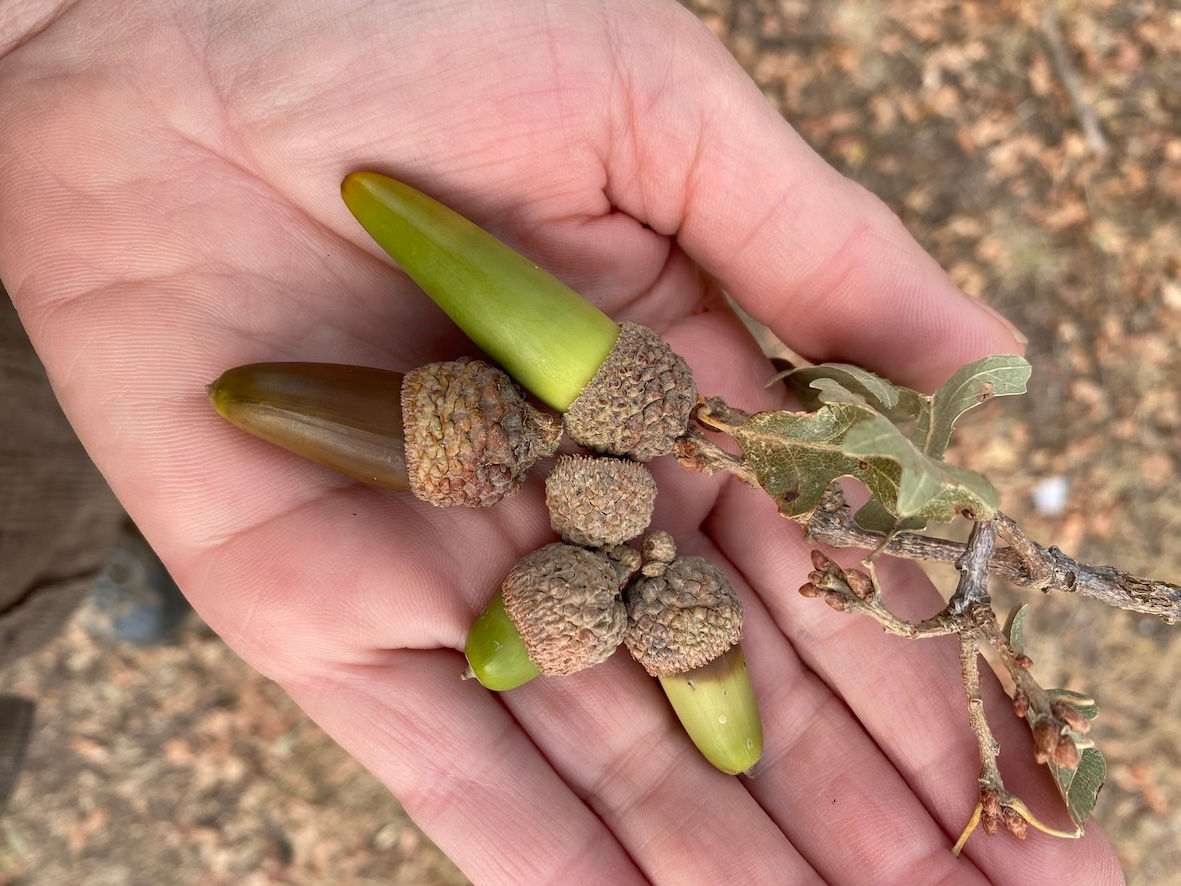
As promised in the full title of this latest book from Jennifer Jewell, What We Sow: On the Personal, Ecological, and Cultural Significance of Seeds is a conversational compendium of all things seed-related.
Stages of an echinacea, from pollinated cone to seed head to seed dispersal.
Photograph by Kendra Wilson.
Part of the point of sowing seeds is independence, freedom from the lack of choice at garden centers and an opportunity to step away from corporate dominance.
With pots of exquisite perennials, even when bought from a bijou Brooklyn plant store, this is rare: they have been raised to look good until they meet the alien conditions of your garden, at which point they go into shock.
The ritual of owing (and swapping) seeds is especially enjoyable in a designated seed-sowing place such as a glasshouse or the pleasant fug of a hoop house.
Image via Higgledy Garden.
That s not all plants from unknown sources are more likely to have been treated with a systemic insecticide which infects every part of the plant killing beneficial insects as well...
...as pests In the corporate seed business neonicotinoids are also applied following a plant at every stage of its life and affecting the water and soil around the plant it produces
The alluring label “Perfect for Pollinators” (very popular in the UK) is, in this case, death to pollinators.
What we sow and have sown traditionally is strongly connected to cultural identity, in a way that buying plants-as-decoration is not.
Rowen White, Jewell’s “unofficial poet laureate of Seed” reminds us that Indigenous people (she speaks “as a Mohawk woman”) made an agreement with plants, one in which it was understood that honor and respect towards the earth was unquestionably the more useful approach.
Tim Mountz of organic seed company Happy Cat Farm collects seed at the fruit is at peak ripeness.
Photograph by Valery Rizzo.
The idea of seeds as the foundation of humanity is established from the beginning of the book.
Image via Jennifer Jewell.
A selection of acorns from the diversity of oaks native to the Californian valley that is Jennifer Jewell’s home.
Jewell’s book is part diary, part discussion point.
“Those that survive the first year, and then the first ten years, will provide food and shelter for many, many other lives—both floral and faunal—for the next 100 to 200 years, if not more.”
What We Sow: On the Personal, Ecological, and Cultural Significance of Seeds by Jennifer Jewell was published yesterday by Timber Press.